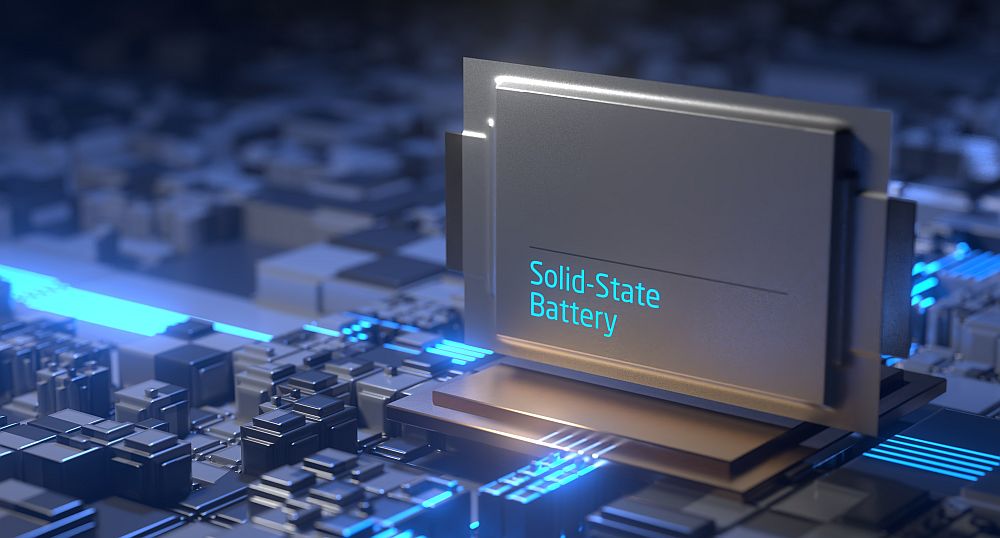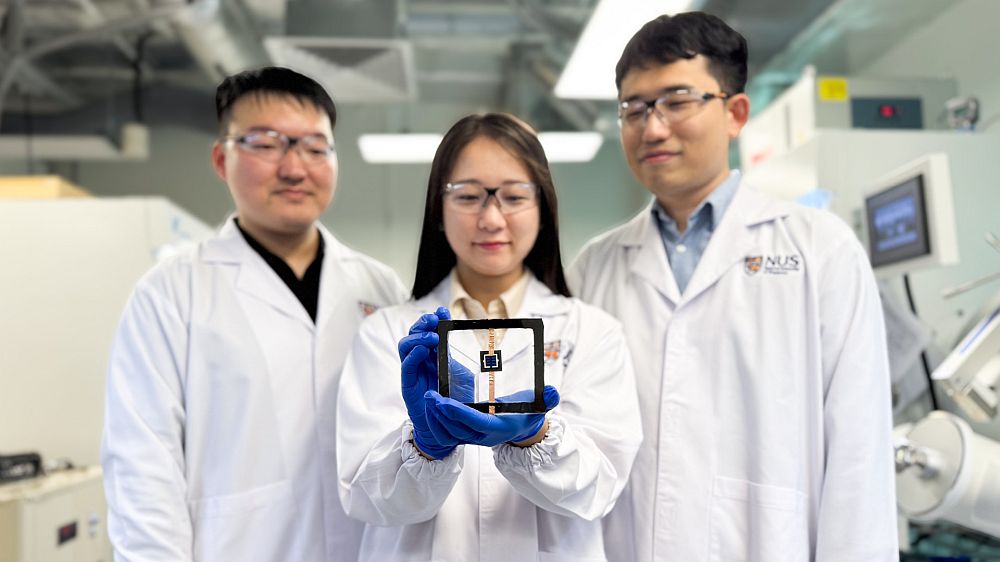Via press release from University of Wisconsin, we learn that a team of researchers has developed a piezoelectric nanogenerator and experimented with a variety of materials to power it.
The team found that zinc oxide nanowires, which have six-sided, column-like crystals, could produce 10 nanowatts per square centimeter by converting mechanical energy into electricity. The mechanical energy could come from environmental sources as varied as wind, car engines, human breathing, blood flow, body movements, or acoustic and ultrasonic vibrations.
Unfortunately, the zinc oxide nanowires had a low efficiency rate. Xudong Wang, associate professor at U-W, is tackling this challenge by researching a new material that could make the nanogenerator more efficient and powerful. An optimized nanogenerator could power small devices with a wide range of applications, such as LEDs, transistors and biomedical devices.
Wang is developing ferroelectric materials that could produce nanowires with 10 times the electric potential of the original zinc oxide ones. The increase occurs because the crystal of a ferroelectric material is made of spatially unbalanced atoms that produce automatic, permanent polarization in the material. When Wang introduces strain inside this unbalanced crystal, the polarization is enhanced, creating a significant amount of electric potential.
Wang’s theory is that very little mechanical energy would be needed to power the new nanogenerator because even a small amount of displacement has a larger effect on nanoscale materials.
“We are currently investigating how much potential can be generated by such nanowires when they are deflected using atomic force microscopy,” Wang says.
Wang’s ultimate goal is to make a real nanogenerator capable of powering a variety of small devices. Since the generator would require such a small amount of power from sources that are continuously providing energy, it could serve essentially as an eternal battery.
CTT Categories
- Electronics
- Energy
- Material Innovations
Related Posts
Sports-quality ice: From pond side to precision Olympic engineering
February 12, 2026
Solid-state batteries turn heads at CES 2026
January 29, 2026


